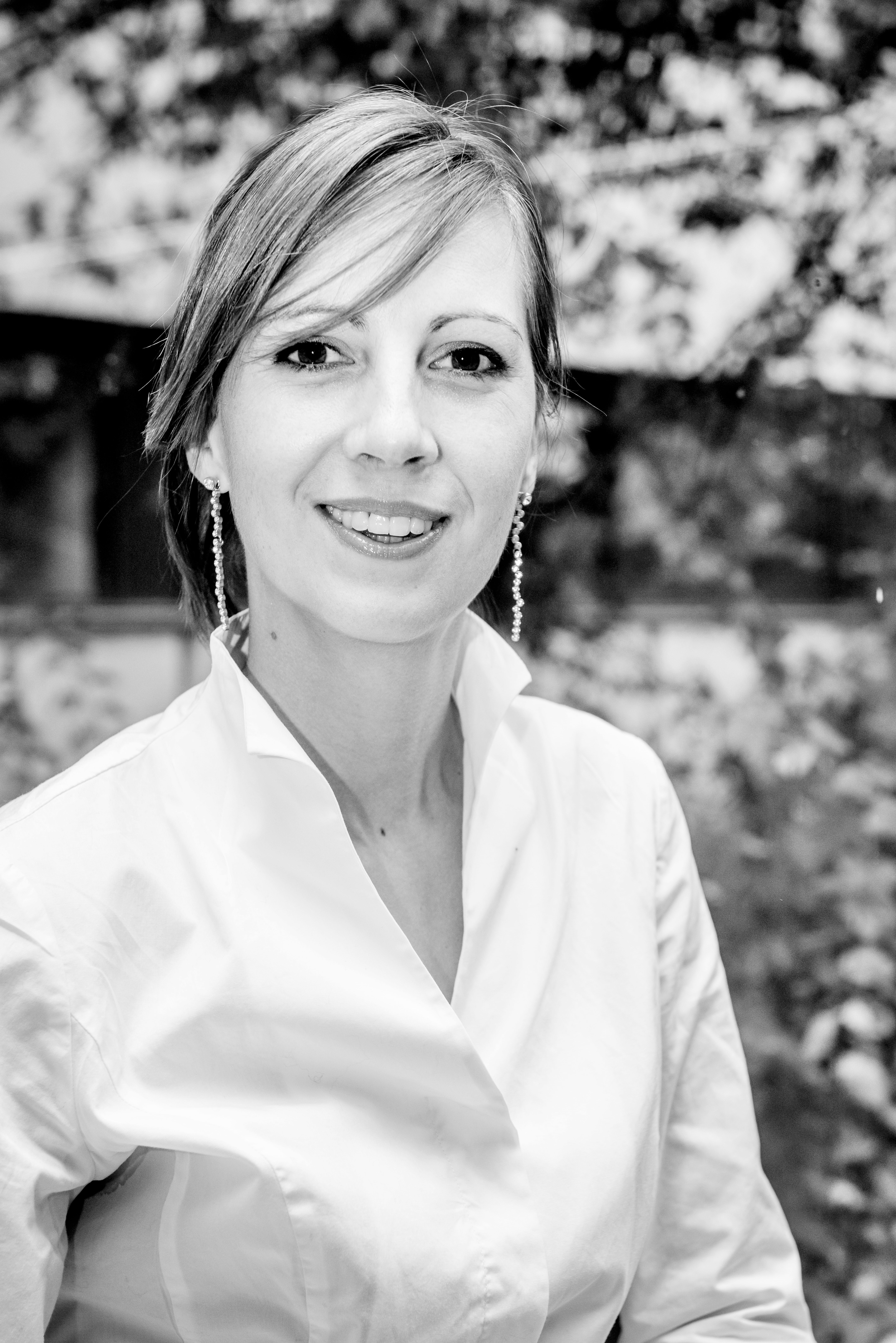Mieke Jans (AIM) on the combination of Accounting and Information Management

“Mieke, you have recently joined the Accounting and Information Management (AIM) department, what attracted you to start working in Maastricht?”
I was mostly attracted by the international setting that Maastricht University operates in, and the research quality of the AIM department.
“At the same time, you also hold a position at the university in Hasselt (Belgium). How did you get to the idea to combine both positions?”
I started 5 years ago in Hasselt and, together with my colleagues, helped shaping both the research group and the program 'Business Informatics'. This is not only part of my personal career, but something I deem valuable for the region around Hasselt University. In short, I worked in an environment where I believe I have something to offer and was not planning to give this up. You can call me an idealist. However, the focus of the Business Informatics research group primarily feeds the Information Systems-side from Accounting Information Systems, creating sometimes an imbalance. That is where the idea came to mind, that combining the two positions provided the perfect opportunity to have a better balance between the Accounting-side and the Information Systems-side.
“Talking about combinations, I heard you are also going to work on the integration of the accounting and information management groups. How do you plan to do this?”
Indeed, it is my ambition to create an intra-university research group on Accounting Information Systems (AIS) over Maastricht and Hasselt University. I am convinced that by combining the different people from these two groups, with their mixed backgrounds, we can create unique synergies. But my ambition reaches further than that: I want to put AIS research in Europe on the map, with this cell as thought leaders on this topic. To reach this, we need to have people that are open to real multi-disciplinary research. I have confidence I now have these people as colleagues.
“What is your research about and how does it impact the education at our school?”
My research is on how data analysis, and more precisely process mining, can facilitate an auditor's job. I was the first person that explored this option in a real-life setting. The expertise I gained during this study and other follow-up research, combined with my industrial background (note: Mieke was senior manager at Deloitte Belgium), colours my teaching. I think it makes it more interesting that I can refer to real-life challenges. I will mostly teach in the executive master classes.
“On a more global scale, what is the societal impact of your work?”
Idealist as I am, I hope that future auditors can provide more accurate opinions on financial statements in a more efficient way. Currently, we are far from that. Data analysis may increase effectiveness of the audit, but not efficiency. I think that is why it is not yet integrated in the standard audit on the level that is technically possible. Having more accurate audits benefits stakeholders of companies and in the end, can prevent financial losses at each level of society: losses at the level of companies, of government, of customers, and of citizens.
“Thank you for sharing your plans, we wish you all the best at the AIM department!”
Go to the Department of Accounting and Information Management.
Also read
-
Students were issued student numbers (ID numbers) and the first student (alphabetically) was Ward Alfenaar. Today, 40 years later, we checked in with Ward to talk about his memories from those early days of studying in Maastricht.
-
Have you noticed the latest addition to the WRDS research data platform during your recent browsing sessions? If not, take a moment to check again—you’re in for some exciting news! Thanks to the generous support from MORSE and individual researchers within SBE, UM researchers now have access to Capi...
-
Maastricht University Center for Entrepreneurship and Innovation, BDO Accountants and Advisors and AFAS Software will conduct research into the challenges and opportunities for Dutch family businesses regarding the ecological sustainability task.

